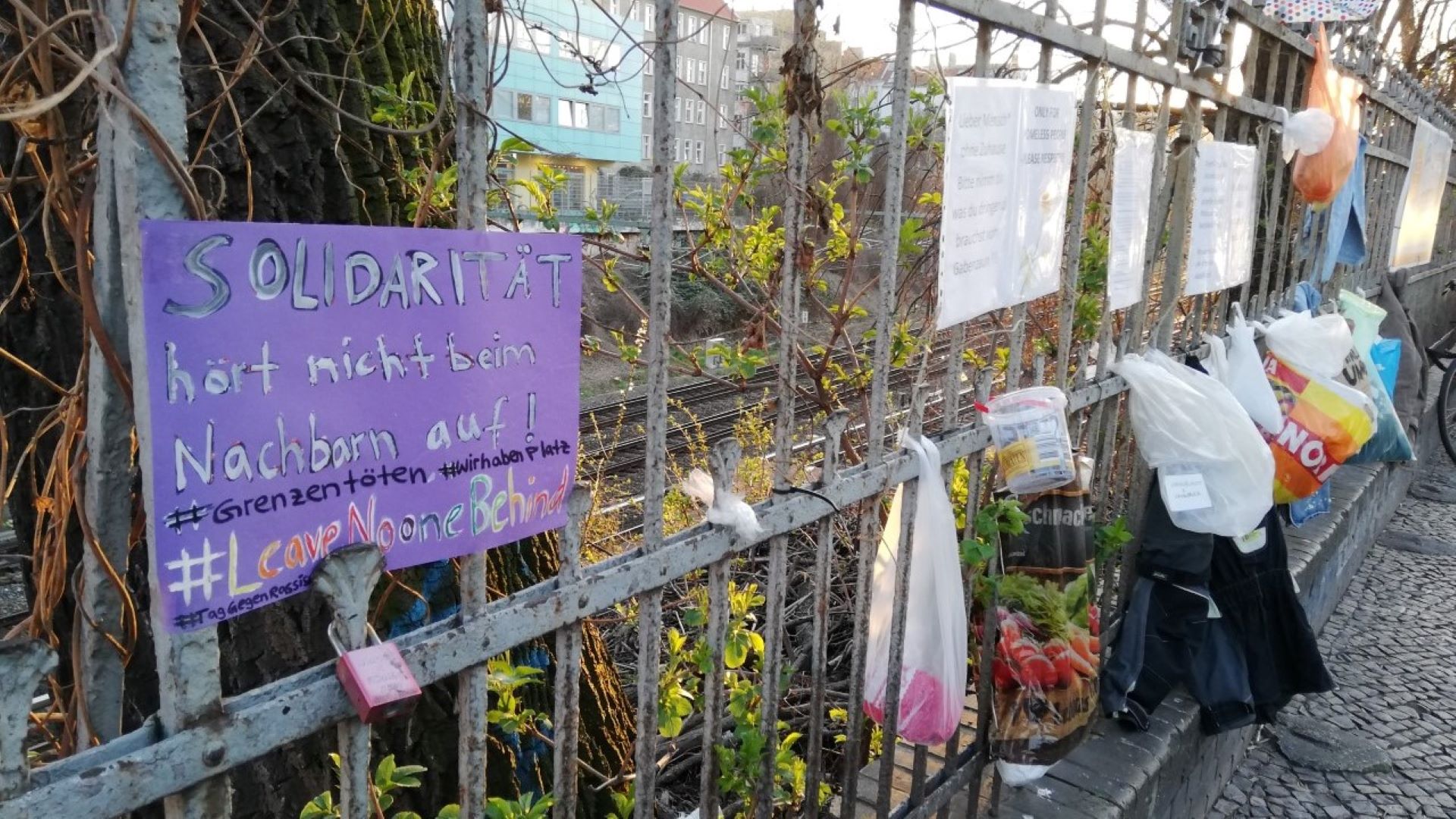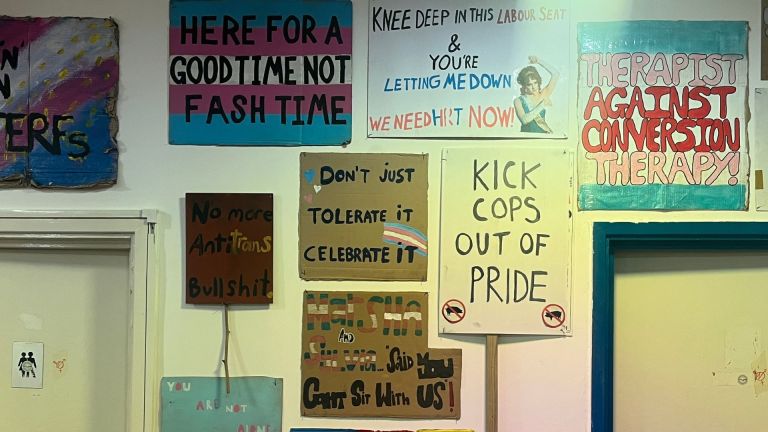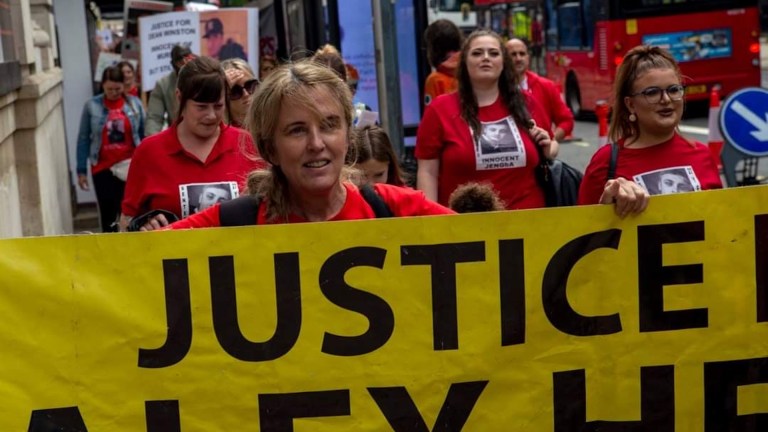As Italy began its weeks-long lockdown, the state had just started to flirt with closures. First they came for the clubs.
The clubs officially closed on March 16 following an incident at the city’s Trompete nightclub. Accounting for almost a third of the total cases at the time, one partygoer infected a confirmed 16 others.
Within hours of closing, club promoters had found an ingenious way to combat the issue – saving some 9,000 jobs, tens of thousands of artists’ livelihoods and a horde of soon-to-be incredibly bored Berliners.
The Berlin Club Commission (yes, that’s a real thing) and Reclaim Club Culture teamed up with some of the city’s biggest names to launch the United We Stream initiative: a 24-hour virtual club. This time I can enjoy all the fun of the clubs, without being faced with an all-black dress code, an intimidating bouncer, or the prospect of a mortifying walk past the queue with my tail between my legs as I swan off to find a less cool bar that will have me.
By March 22 the measures to control the virus had infiltrated every corner of my life in Berlin as the restaurants and cafes I’ve built my daily life around closed, and the “only essential trips outdoors” rule came into force.
I’ve seen Berliners uniting to adapt, like they’ve always done
It’s not easy being in lockdown. It’s not easy being in lockdown while living in a foreign country either. You’re removed from your previously reassuring safety net of people and places.
Advertising helps fund Big Issue’s mission to end poverty
I’ve come to rely heavily on daily interaction with my new group of friends here in Berlin, in a completely different way than I did in my home country. Like the early days of university, very quickly in a new situation you find that friends become your rock.
In my case, they’re even my translator, my career advisor, my map when I get off at the wrong subway stop, the rational part of my mind when I think about packing everything up and moving back to Glasgow.
Within hours of our partial lockdown beginning, my circle of honorary Berliners did what Berliners before us have always done: we fought back.
The organisers of our monthly Bad Movie Night moved the event online, complete with a chat room to send snarky comments. Virtual coffee breaks have become a daily ritual. A WhatsApp group of daily dog pictures has been bustling. We’re exchanging shopping lists to hunt for each other’s hard-to-find items and cheddar (a hot commodity here!) and homemade treats are dropped on doorsteps like a dodgy drug deal on our separate daily walks outdoors.
All around me I’ve seen Berliners uniting to adapt, like they’ve always done.
On my daily walk earlier this week I spotted several bags hanging from a fence, on the city’s usually bustling Schönhauser Allee.
Advertising helps fund Big Issue’s mission to end poverty
Each bag was filled to the brim; fruit, bottles of water, sandwiches, medicine, soap, dog food.
These Gabenzäunen, or “gift fences” have appeared all over the city now.
“Solidarität und Nächstenliebe sind so wichtig wie nie,” a message on one reads.
“Solidarity and empathy is important now more than ever.”
Berlin will overcome, like it has always done. And it will do it united.
Image: Sam Katterfield










